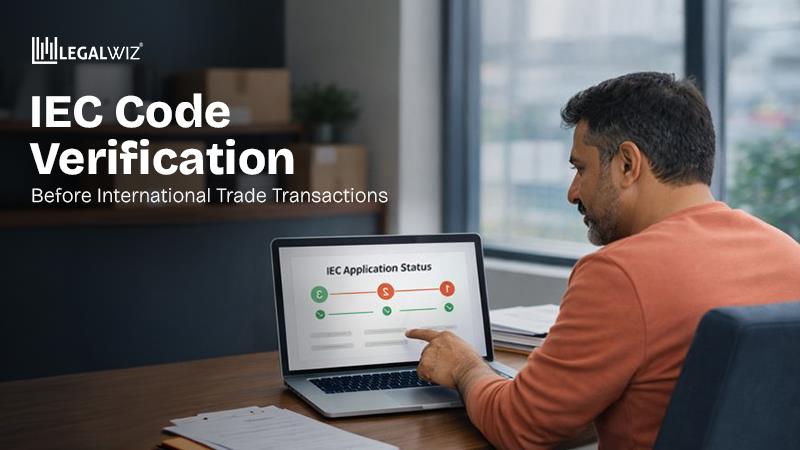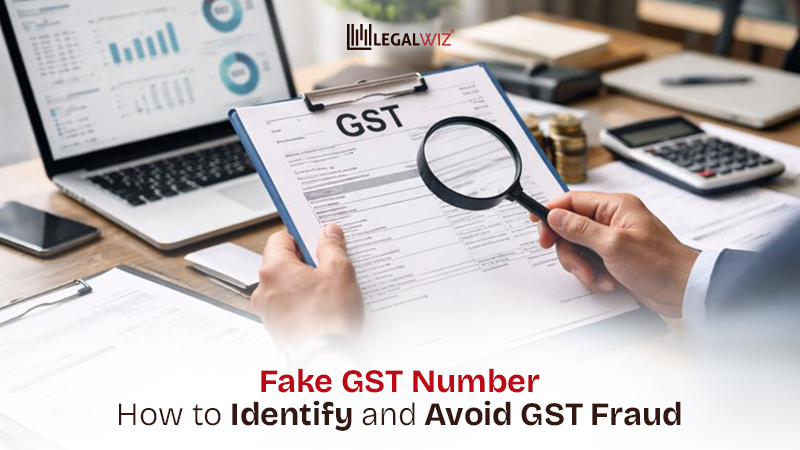Independent Director: Role, Duties & Qualifications
Independent directors are well established in board discussions with an impartial opinion. They also ensure that no person or special interest group dominates or stifles healthy debate. They serve as guardians of the interests of all shareholders and stakeholders, especially in potential conflicts of interest areas.
Independent directors bring an useful outlook to the discussions. They make a major contribution to the Board’s decision-making process. They will critically evaluate the success of the Board and the Executive Board. They may also play an important role in areas in which management, the business and shareholders’ interest converges, such as management remuneration, succession planning, corporate governance adjustments, audit role, etc.
Who is Independent Director?
An independent director is a director in relation to a company rather than a managing director, a full-time director or a candidate director,
(a) Who is an honest individual who has sufficient skills and experience in the judgement of the Board;
(b) Who is or was not the promoter of a holding firm, a subsidiary or an affiliate firm of the company;
(ii) Who has no connection with promoters or managers of the firm, its holding, affiliate or associate firm;
(c) Who has or had no pecuniary relationship in the two immediate preceding financial years or in the current financial year with the firm or its subsidiary or affiliate business or its developers or managers
(d) who, neither himself nor any of his relatives holds or has held the position of a key managerial personnel or is or has been employee of the company or its holding, subsidiary or associate company in any of the three financial years immediately preceding the financial year in which he is proposed to be appointed;
Provided that in case of a relative who is an employee, the restriction under this clause shall not apply for his employment during preceding three financial years.
(e) Who, not himself or his family —
(i) in any one of the three financial years immediately preceding the financial year in which it is proposed to be named, is or was an employee, proprietor or partner of —
(a) a firm of realistic auditors or corporate secretaries or the expense auditors of the company or its holding company;
(b) any law firm or consulting firm that has or has had a 10 percent transaction with, its ownership, subsidiary or related business. or more of the company’s total turnover;
(ii) keeps two percent with his kin. or more of the company’s overall voting power;
(iii) is a Chief Executive or director, by whatever name called, of any nonprofit organization that receives 25% or more of its receipts from the company, any of its promoters, directors or its holding, subsidiary or associate company or that holds two per cent. or more of the total voting power of the company;
(f) who owns any other certificates prescribed.
What are the Qualifications of an Independent Director?
A director independent of an autonomous corporation has specific expertise, experience and knowledge in one or more areas related to finance, law, management, sales, marketing, administrative management, analysis, corporate governance, technology and other areas related to the business of the organization.
What is the Tenure of an Independent Director?
The individual director holds office on the board of a company for a term up to five consecutive years and shall, on the adoption of a special resolution by the company, be eligible for re-appointment for another period up to five consecutive years.
If the person who has already worked as an independent director in a corporation for five years or more as on 1 October 2014 is entitled to be appointed only for one additional term of up to five years upon completion of his current term.
No independent manager shall hold office for two consecutive terms and shall, after three years of ceasing to be an independent manager in the business, qualify as independent managing director.
What are the provisions relating to remuneration of independent Directors?
Unless otherwise provided for in this Act and subject to Articles 197 and 198, an independent director, despite anything, is not entitled to any stock option and can obtain compensation by way of the fee provided for under subparagraph (5) of section 197, reimbursement of expenses for membership of the Board and other meetings, and incentives under Section 149(9).
What is the Legal position of an Independent Director?
Independent directors are appointed to sit on the board primarily for their unique expertise and know-how in specific areas, expressing the knowledge of clients, as well as for the public interest. The trust responsibility for shareholders and creditors lies with independent directors. The results of action taken by the company’s management are the liability of the company and board.
An independent director, who is attributed by Board procedures and with his approval or connivance or whether he hasn’t worked faithfully, is kept accountable for any act of omission or commission by a company that is happening with his knowledge.
Limiting the Number of Directors
In more than seven listed companies, an individual shall not serve as an independent director.
Furthermore, anyone who serves as full-time directors in any organization listed shall serve in no more than three enterprises as an independent director.
Independent Directors’ separate meetings
Without attendance by non-independent directors and management representatives, the independent directors of the company shall hold a minimum of one meeting per year. Every independent company director shall endeavor to attend this meeting.
The Independent Director’s responsibility
The independent director shall only be responsible for those omissions of a notified body which, in the course of the proceedings by the Board of Directors or with its permission, or connivance, or for any conduct which it has not taken care of in compliance with the provisions of these Regulations, have occurred in respect of such omissions or commissions.

Anandan Mudaliar
Anandan Mudaliar pursuing Company Secretary is associated with LegalWiz.in as Operational Executive of the Company. He is handling various MCA related compliance along with good grip in Company, LLP and other various legal drafting.







